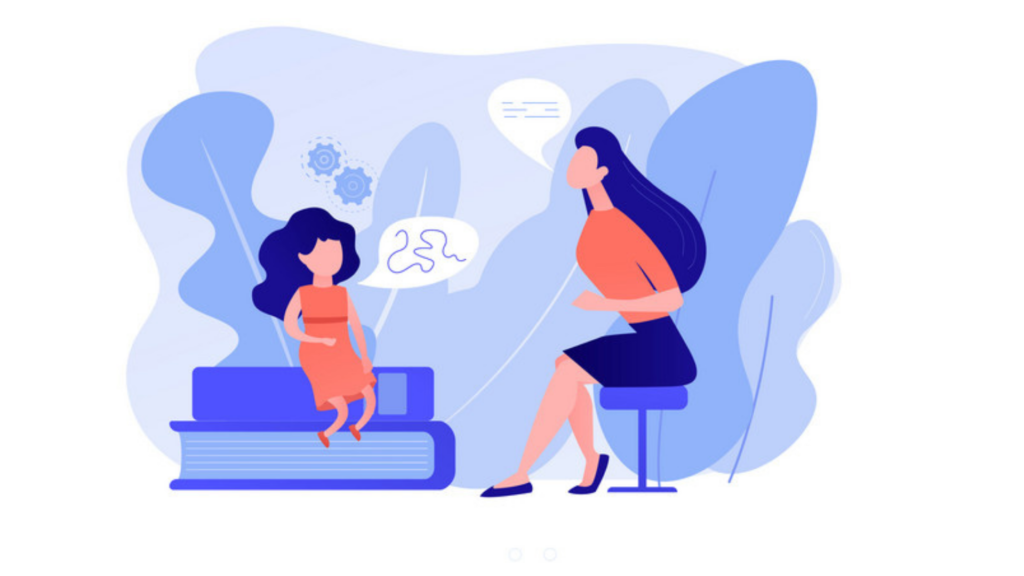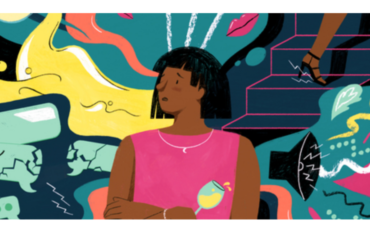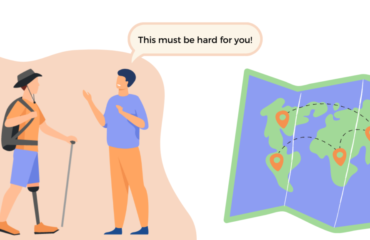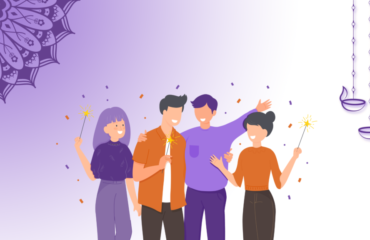
Everybody is a genius. But if you judge a fish by its ability to climb a tree, it will live its whole life thinking it’s stupid
-Albert Einstein
When I was in school, I remember some students being labelled as “weak” students or “slow learners”. My classmates always thought that something was wrong with them or they were up to some mischief! Well, reality hit hard and we knew how wrong we were when we realised our classmates just had a different way of function than us. They were Neurodiverse and had one of the learning difference: Dyslexia
If you are still finding it hard to relate, think of Ishaan Awasthi from Taare Zameen Par? Yep, that’s right! He had dyslexia and dyscalculia.
So, what is the meaning of Dyslexia?
Dyslexia is a learning disorder that stems from the differences in the wiring of the brain that falls under the broad umbrella term of “Learning Disabilities”. The incidence rate of dyslexia is quite high with a staggering 5-15% of American students being diagnosed with it. In India, nearly 35 million children are noted to have dyslexia.
Can adults have Dyslexia?
Although the symptoms of dyslexia manifest in early childhood, it may go undiagnosed. As one grows up, signs of dyslexia may become more prominent and noticeable. Individuals may go through their adulthood with dyslexia. But it’s never too late to get help!
First, let’s debunk some age-old myths about dyslexia!
- Dyslexia is not equal to poor IQ
- Dyslexia is not equal to poor vision
- Dyslexia does not mean the child is being lazy
- Bad parenting does not cause dyslexia
While there are several tests for dyslexia, it can manifest in many different ways right from childhood and the following common telltale signs and behaviours are observed:
- Difficulty in reading due to problems identifying how the words sound when spelt out
- Difficulty in differentiating rhyming words eg: cat, sat, mat, hat
- Jumbling up the order of the letters in a word eg: beddy tear instead of teddy bear
- Problems learning names and relating the pronunciation of the words with the written word.
- Difficulty copying from the board or the book
What causes Dyslexia?
While there is some evidence-based research that shows how genetics and environment do play a role in causing dyslexia, have a look at what’s really happening inside the brain! Research studies have shown that the connectivity and coordination amidst the different brain cells called “neurons” in the Broca’s area (brain region responsible for language processing and speech) are significantly lower than non-dyslexic brains. Simply put, the region of the brain which is responsible for language interpretation and speech is slightly “different” in its functionality as compared to neurotypical brains!
Famous Facts about Dyslexia!
Many famous, creative and innovative people like Albert Einstein, Picasso, Steven Spielberg, Walt Disney, Agatha Christie had been labelled as “dumb” or “slow” because they had dyslexia but they still had every capacity to be “smart” and successful in life in their own ways!
What to do in case you think your child has dyslexia?
Dyslexia is a lifelong condition and doesn’t have any cure. If you notice any delayed or late developmental milestones in your child, it’s best to reach out to your family GP or the nearest available HCP. A paediatrician/therapist can help you with a formal diagnosis at the right time. Getting your child help as soon as possible in their formative years can go a long way! While the internet will show you lots of options, ask your HCP or therapist how your child can receive early intervention and the best practices around it.
If you are intrigued by dyslexia and would like to learn more, click here!




You must be logged in to post a comment.